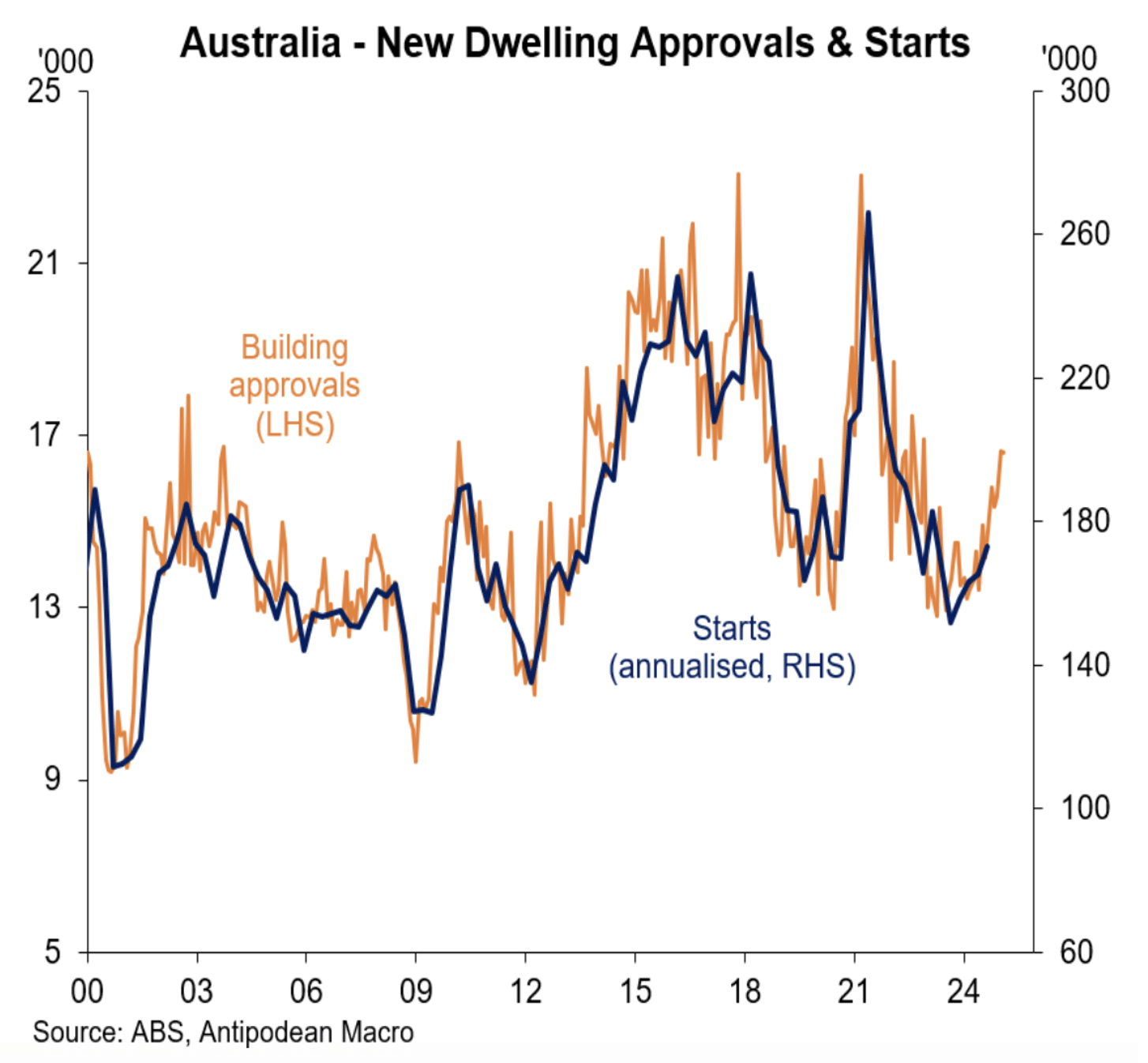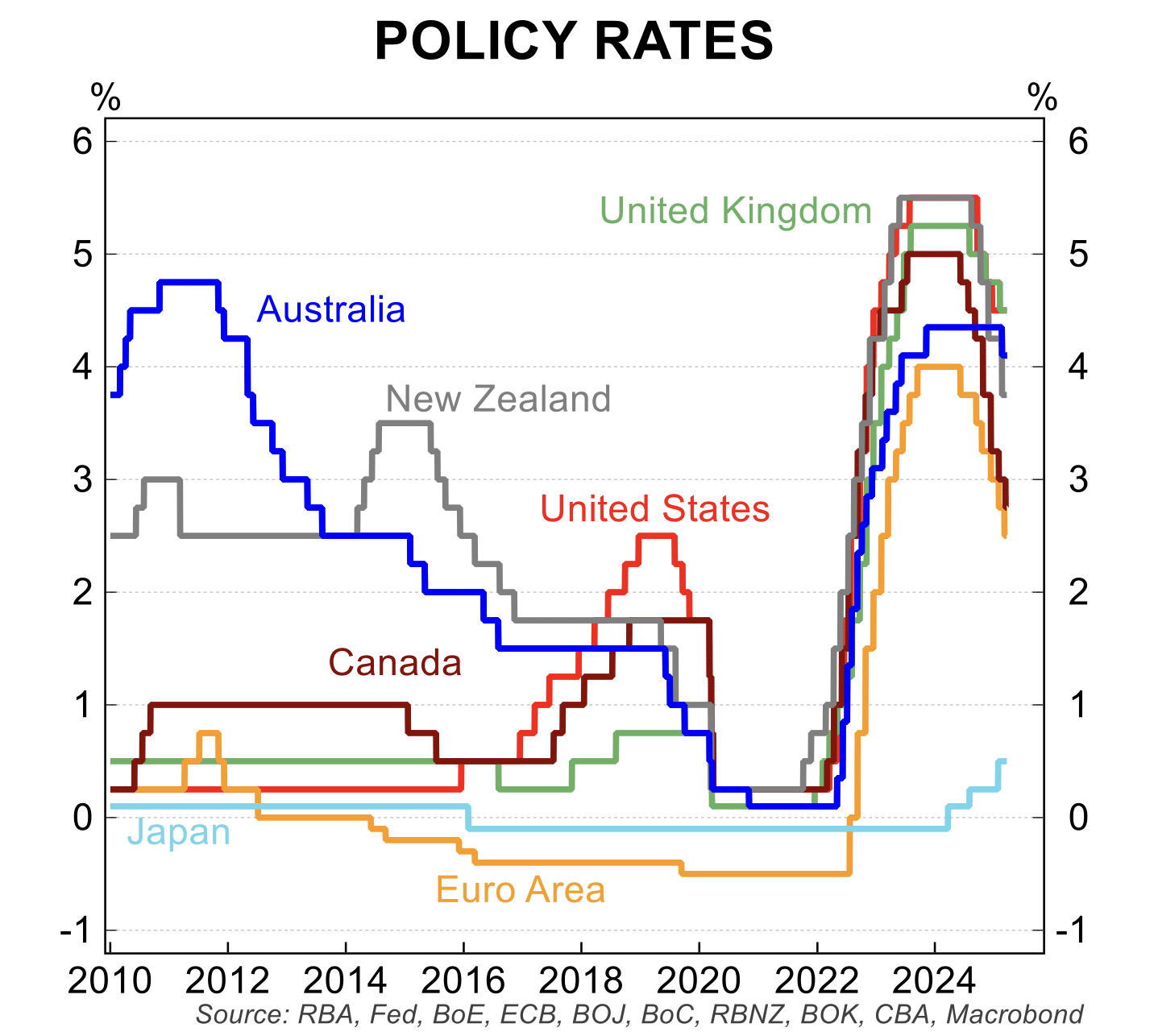With economic and political uncertainty rife, the need to protect wealth has never been more critical. Investors are increasingly turning to defensive investment strategies to safeguard portfolios while maintaining steady returns.
We explore the fundamentals of defensive investments in a Q&A with Tom Cranfield, Director, Investment & Risk, at Zagga.
Q1: What are defensive investments, and why are they important?
Defensive investments are designed to provide stability and consistent returns, even during periods of economic or market turbulence. They prioritise capital preservation and focus on minimising downside risk, making them obligatory for a well-rounded portfolio.
Some common examples of defensive investments include:
Bonds:
Traded on public markets, bonds are fixed-income securities where investors lend money to a government or corporation in exchange for regular interest payments and the return of your capital at a specified maturity date.
Cash and cash equivalents:
Highly liquid assets like treasury bills, money market funds, and certificates of deposit. This could also mean holding your money in the bank or term deposit.
Private credit:
Considered an alternative investment, private credit is when investors lend money to private companies or individuals (borrowers) outside of publicly traded markets. The loan is secured against collateral, such as a commercial property, which helps to protect investor capital.
Defensive investments aim to preserve capital, generate consistent income, and reduce portfolio volatility. They act as a counterbalance to the higher-risk, growth-oriented assets in your portfolio, ensuring a more stable overall performance.
Q2: How do defensive investments fit into a balanced portfolio?

A balanced portfolio incorporates both growth and defensive assets, ensuring you benefit from the upside of equity markets while mitigating potential losses during downturns. Defensive investments can act as the anchor, maintaining stability when growth assets underperform.
Allocation to defensive assets differs for every investor and is based on your risk tolerance, investment time horizon, and financial goals. For example:
- Conservative investors might allocate 60% – 70% to defensive assets.
- Balanced investors might aim for a 20–40% allocation.
- Growth-focused investors might still include 10–20% defensive investments to provide stability.
Investors have unique requirements and should consult their financial adviser when considering their investment portfolio composition and asset allocation.
Q3: What makes commercial real estate private credit a strong defensive investment option?
Private credit plays a defensive role in investment portfolios and can help to mitigate risk. This is because it is uncorrelated to public markets, acts as a hedge against inflation, and can provide exposure to property without the costs or risks associated with direct ownership.
Several characteristics make real estate private credit a compelling defensive strategy:
Investments generate consistent, reliable, risk-adjusted income. At Zagga, we are proud to have delivered average returns of 9.8% p.a. as at December 2024, distributed monthly.
Loans are backed by tangible assets, like commercial property. Real estate senior debt also sits at the top of the capital stack. This means in the event of a loan default creditors are repaid first from any sale of the asset.
Variable or floating interest rates provide a natural hedge against inflation.
Unlike shares and bonds, private credit investments are less influenced by market volatility, providing strong diversification benefits.
Zagga’s strategy has always concentrated on avoiding high-risk investments, instead focusing on strong fundamentals with solid counterparties, robust security packages, and comfortable asset coverage, in line with our objective of consistently delivering attractive risk-adjusted investment returns.
Tom Cranfield, Director, Investment & Risk
In addition to its defensive characteristics, real estate private credit can offer attractive, reliable returns above traditional fixed income assets, like bonds, cash, or near-cash investments, like term deposits.
Q4: How can investors minimise risk while investing in defensive assets?
Defensive investments inherently reduce portfolio risk, but there are strategies that can enhance these characteristics even further.
- Diversification: Spread investments across:
- Asset Types: Combine bonds, cash, and private credit to reduce concentration risk in your defensive holdings.
- Geographies: Diversify across regions to mitigate the impact of localised economic issues.
- Sectors: Choose investments in industries with different risk exposures.
- Due Diligence: Thoroughly evaluate investment opportunities and managers. For private credit investments, this includes reviewing the underwriting process, borrower creditworthiness, fees, and the manager’s track record.
- Risk Assessment: Understand the specific risks – interest rate risks, credit risks, liquidity risk – associated with each investment type.
At Zagga, we employ rigorous credit underwriting and risk assessments to ensure the security and stability of investments. Our strong track record of returning 100% of our investors’ capital is testament to our deep expertise, disciplined approach, and robust risk requirements.
Conclusion
Defensive investments play an important role in maintaining portfolio stability and mitigating risks during uncertain times. From preserving capital to generating consistent income, they offer an essential counterbalance to growth assets.
Among the various defensive strategies, real estate private credit stands out for its ability to combine stability with competitive returns, backed by tangible assets.
With a focus on strong fundamentals and rigorous risk management, Zagga empowers investors to achieve their financial goals with confidence. Speak to us today to learn more about how defensive investments can strengthen your portfolio and safeguard your wealth.




